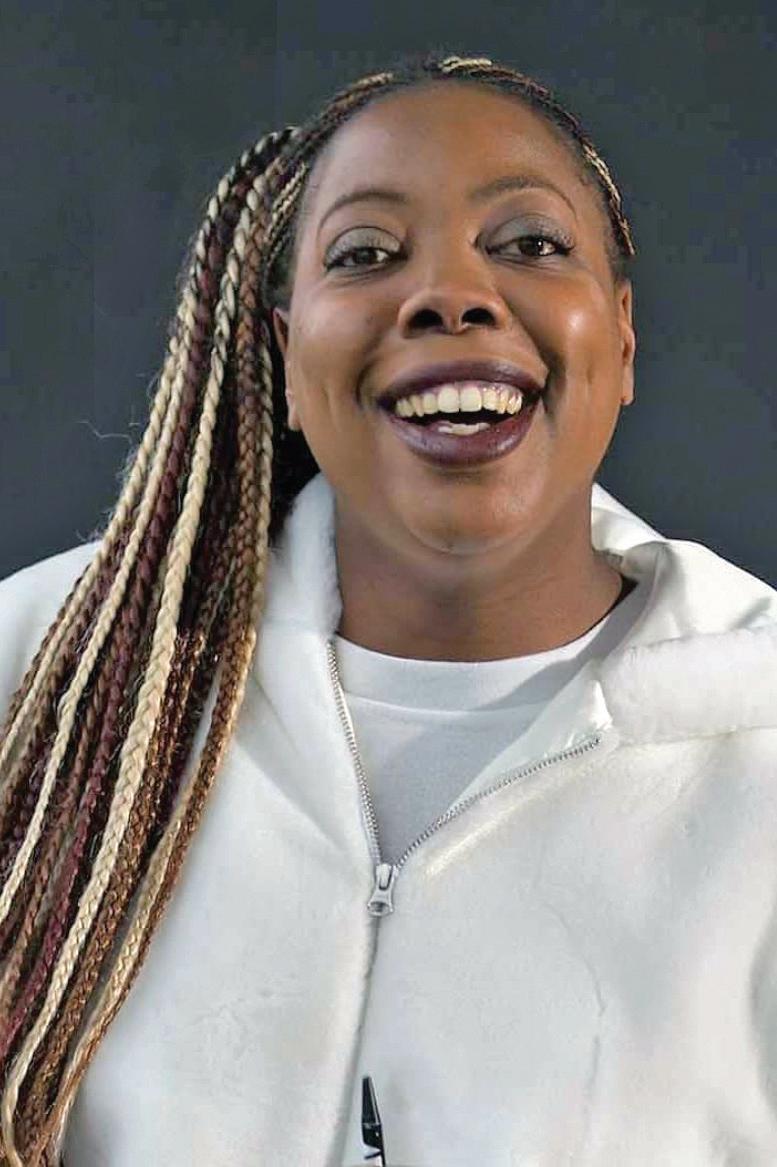
4 minute read
European phone app designed to
RAPID RESPONSE
Domestic violence has been a big problem during the pandemic, but but this powerful European app offers hope for those in need
Advertisement
MACKENZIE MASON
mmason@cjournal
HANNAH PAPKE
hpapke@cjournal
As Alberta’s second mandatory lockdown continues, many women and children will be victims of domestic violence as numbers of reported instances continue to climb throughout the pandemic. However, one app that’s widely used in Europe is working to protect those at risk by providing a quick, easy and discreet way for those in danger to get help.
A new study by the University of Calgary found that women were mentally struggling more than their male counterparts while in isolation.
Veronica Guadagni led an online study from March 23 to June 7, in which 573 Canadians participated. The study revealed that women had reported a decrease in mental health and sleep quality while also reporting an increase in stress levels.
“[Both genders] symptoms worsened over time and with greater length of the isolation period, there was a progressive increase in anxiety, depression, poor sleep quality and trauma for males and females. But it was greater for females over time,” explains Guadagni.
The Calgary Women’s Emergency Shelter is one place that is seeing the mental and physical eff ects the pandemic and isolation has had on women fi rst hand.
Kim Ruse, CEO of the shelter, says that the needs of women are growing and the shelter is seeing the severity of situations women are experiencing worsen.
“We’re seeing that the levels of danger in families are increasing, so we use a tool called a danger assessment that rates [the levels] of lethality that women are facing in their situations and those numbers are climbing,” Ruse says.
In addition to the rising rates of domestic violence, she also sees that women are facing multiple problems at once right now, which is adding to the stress and danger within the home.
“We’re also seeing the complications of this economic situation and the pandemic situation begin to overlay so that is adding to the family violence. For example, someone that’s dealing with family violence is now dealing with fi nancial implications from the pandemic,” she explains.
“Or they have other costs around child care, or situations that have shifted in their family, so it’s creating new obstacles and barriers.”
These are all factors that Ruse believes is causing the increase in emergency calls being made to the Calgary Women’s Emergency Shelter.
Ruse said that during the fi rst six weeks of quarantine, emergency calls to the shelter dropped. She believes this wasn’t because the need went away but instead that those in unsafe situations lost the opportunity to be alone and call for help.
In the weeks following, they reported up to as high as a 34 per cent increase compared to the same time the previous year.
Comparing the number of emergency calls fro April 2020 within the same period last year, the World Health Organization (WHO) reported that emergency calls being made by women who were victims of violence by a partner have risen by 60 per cent worldwide.
Because domestic violence is a problem faced by so many people worldwide, many groups are looking for new innovative ways to help women who fi nd themselves as victims of domestic violence.
In France, an app called App-Elles has been created that allows women to alert three contacts when triggered.
This gives women a discrete way to alert others without provoking further harm or drawing attention from their abusers.
The app can also be set to send out a GPS alert to three people and call the police if necessary.
Diariata N’Diaye, an artist and feminist campaigner, invented the app in 2015 to keep women safe from abuse.
“It’s a tool for women who are victims of violence to discreetly alert someone. We’re often told that women can call the police if they are being attacked, but they can’t. Often they can’t speak freely and it’s not possible to make a call,” explained N’Diaye in an interview with The Guardian.
The app works through a patented technology using an IP communication protocol that is supposed to make the process more efficient than a phone call.
App-Elles also has real-time geolocation and monitoring and audio recording from the second the app is alerted.
This app is free to everyone with an Android or Apple device and a bracelet can be purchased as well that can send out an alert using Bluetooth without having to pull out a phone or device.
The former president of France, François Hollande, backed the app in May of this year after he voiced concerns over the WHO’s release of domestic abuse cases during the pandemic.
While the app has had success in France and Europe with over 10,000 downloads, App-Elles still has work to do with global expansion and perfecting the app for different locations.
Regardless, with the pandemic continuing in Alberta, “any tool that helps women be and feel safer is a great addition,” Ruse says, referring to App-Elles.
She cautions though that the victim and their emergency contacts must have a safety plan.
Ruse also suggests ensuring their informal supporters are properly equipped to respond safely to provide that support.










